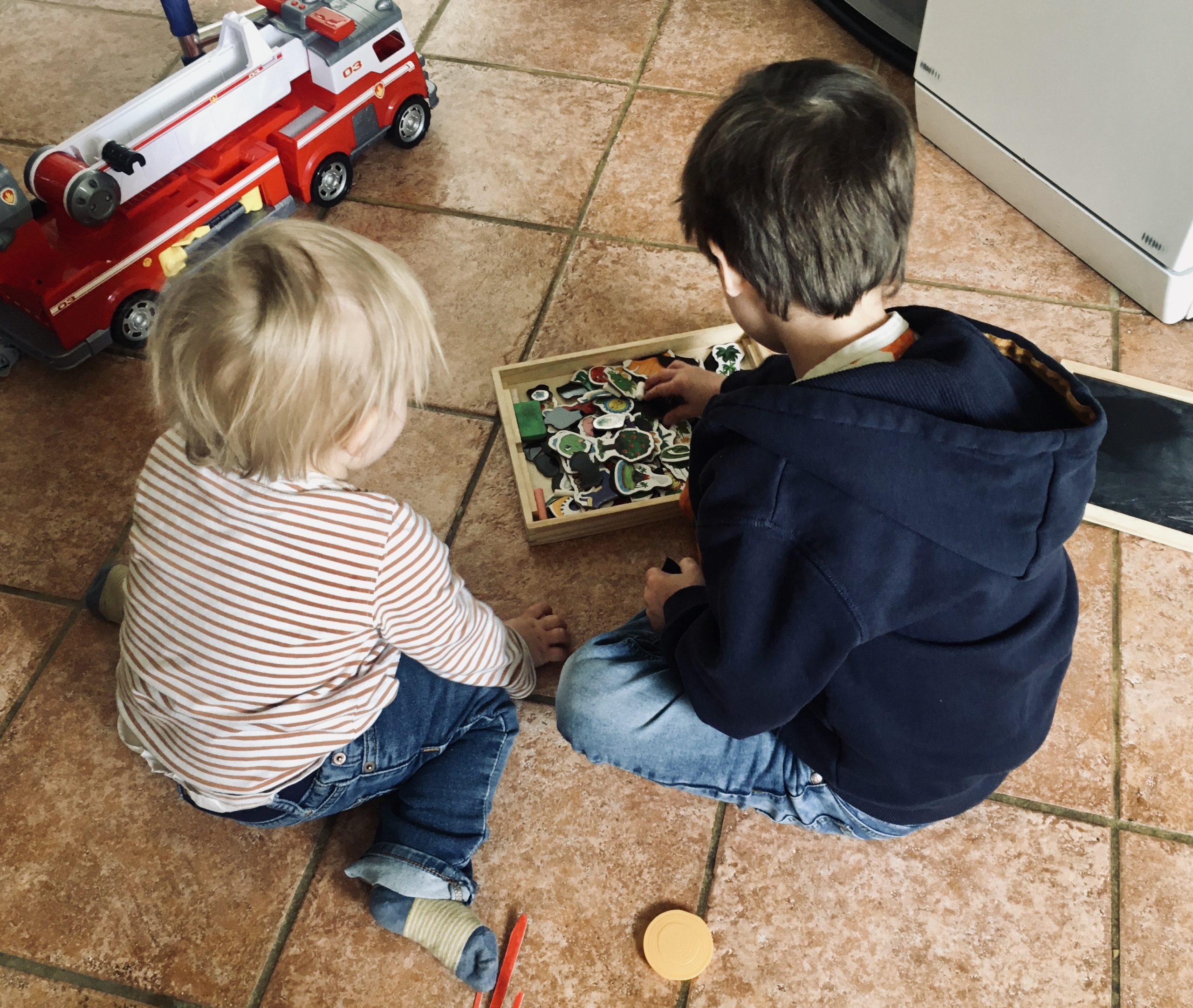It’s often been said that British people are obsessed with the weather. It’s true that we do talk about the weather a lot, and it’s usually the easiest way to make ‘small talk’ with a British resident.
Regardless of whether the weather is fine, warm, hot, cold, wet, grey, icy or ‘changeable’ there will always be people who are less than pleased with the conditions.
And in some cases, they complain about it – at length.
Are you one of them?
Do you use the weather as an excuse to put off certain tasks or activities? I do! I often decide not to take my morning walk on the grounds that it’s raining, cold or windy.
And sometimes I put off my usual activities because the sun’s shining and I want to take advantage of it.
What would it be like if we could choose our own weather and take it with us wherever we go? What would you choose? Hot and sunny, bright and breezy or cool and damp? Snowing, raining?
When I stop to think about it, I wouldn’t really want hot, sunny weather every day. I’m British after all, and the element of surprise in the weather is what I’m used to.
Here’s the thing…
When we can’t predict exactly what’s going to happen, we appreciate it more when we get what we want. In Psychology that‘s known as the principle of Random Reward. The unpredictability makes the result more motivating.
So, today, notice where else in your life, your experiences are unpredictable. Notice how much more satisfying it is when you get what you want without being certain it would happen.
It’s just a small step from there to realise that ‘achievable’ goals are dull compared to the goals that stretch you and challenge you and that don’t carry certainty of success. Isn’t it?
![[Article] Whether the weather be fine…](https://www.brilliantminds.co.uk/wp-content/uploads/2021/02/Snow.png)
![[Article] Could do better](https://www.brilliantminds.co.uk/wp-content/uploads/2021/01/Noisegate-studio_20210120.png)
![[Article] Lockdown 3.0](https://www.brilliantminds.co.uk/wp-content/uploads/2021/01/DL-FB-page-cover-2.png)

 It’s partly this loss of physical connection that creates the sense of loneliness and isolation. Chatting to friends by phone or zoom can be fun, but it doesn’t supply the physical warmth that lets us know we belong.
It’s partly this loss of physical connection that creates the sense of loneliness and isolation. Chatting to friends by phone or zoom can be fun, but it doesn’t supply the physical warmth that lets us know we belong.![[Video] Our new training room](https://www.brilliantminds.co.uk/wp-content/uploads/2021/01/video21-01A.png)
![[Article] Time to Reflect](https://www.brilliantminds.co.uk/wp-content/uploads/2020/10/reflect.jpg)
![[Audio] How to make the most of your lockdown Christmas](https://www.brilliantminds.co.uk/wp-content/uploads/2020/12/radio-blog.png)
![[Article] Quote… Unquote](https://www.brilliantminds.co.uk/wp-content/uploads/2020/10/Will.jpg)
![[Article] Where do limiting beliefs come from?](https://www.brilliantminds.co.uk/wp-content/uploads/2020/10/beliefs.jpg)
![[Video] The RTM Protocol](https://www.brilliantminds.co.uk/wp-content/uploads/2020/10/video20-11B.png)
![[Article] Get out of your mind](https://www.brilliantminds.co.uk/wp-content/uploads/2020/11/senses.jpg)
![[Video] Guided Tour of Brilliant Minds Online Academy](https://www.brilliantminds.co.uk/wp-content/uploads/2020/10/video20-11A.png)
![[Video] Fairness](https://www.brilliantminds.co.uk/wp-content/uploads/2020/10/video20-10B.png)




